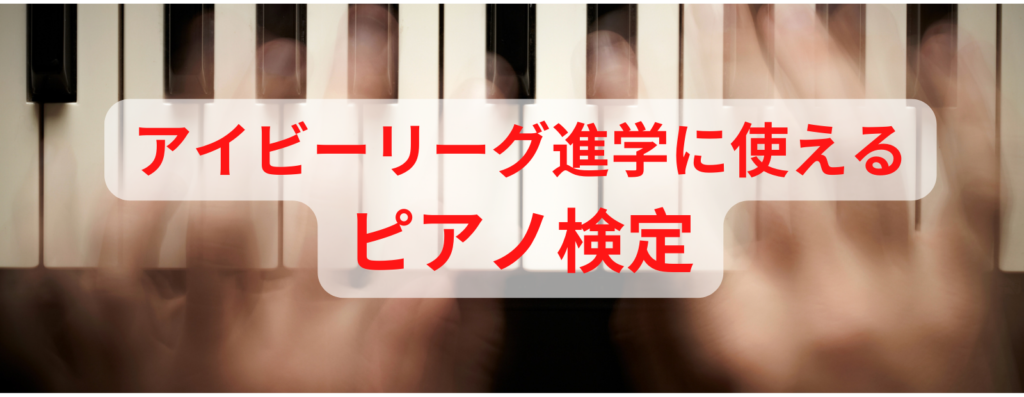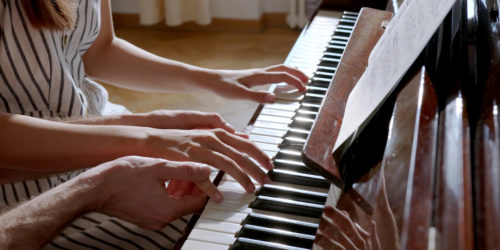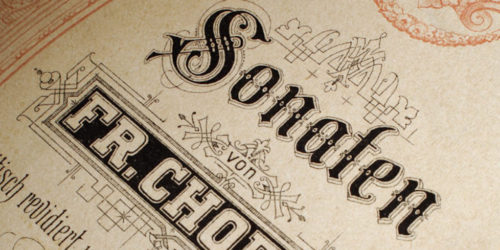Ivy League Admission Tips|Boost Your Resume with the ABRSM Piano Exam

Ivy League Admission Tips|Boost Your Resume with the ABRSM Piano Exam
- 1 Ivy League Admission Tips|Boost Your Resume with the ABRSM Piano Exam
- 1.1 Why Consider Piano Exams for College Applications?
- 1.2 What Is the ABRSM Piano Exam
- 1.3 What Does the ABRSM Exam Include?
- 1.4 Exam Levels Explained
- 1.5 How Long Does Preparation Take?
- 1.6 The Challenge of Higher Levels
- 1.7 At What Age Should You Start?
- 1.8 Why ABRSM Looks Great on a Resume
- 1.9 Final Thoughts
Why Consider Piano Exams for College Applications?
Many students dream of studying at the Ivy League. Some aim for graduate programs, while others want the full four-year experience—even if it means taking on debt. For business or IT majors, the investment often pays off quickly. But for arts and humanities students, it can feel riskier. Still, there’s real value in attending an Ivy League school.
If you’re determined to apply, one powerful way to strengthen your application is through music exams, especially the internationally recognized ABRSM piano exam.
What Is the ABRSM Piano Exam
Piano proficiency exams exist in several countries:
- NYSSMA (New York State School Music Association) in the U.S.
- RCM (Royal Conservatory of Music) in Canada
- ABRSM (Associated Board of the Royal Schools of Music) in the U.K.
Among these, ABRSM is one of the most widely respected. Its certificates are accepted worldwide and look excellent on a college or Ivy League application.
Why? Because mastering piano requires daily practice, discipline, and the ability to understand complex structures. Passing ABRSM exams shows perseverance, analytical ability, and dedication—qualities universities value.
What Does the ABRSM Exam Include?
The exam isn’t just about playing piano. It tests four areas:
- Performance – 3–4 pieces from different styles (Baroque, Classical, Romantic, Modern)
- Technical skills – scales, arpeggios, finger exercises
- Music theory – written exam
- Aural skills & singing – listening and pitch recognition
Exam Levels Explained
- ABRSM: Grades 1–8 (Grade 8 is the highest)
- NYSSMA: Levels 1–6
- RCM: Levels 1–10
By Grade 8 ABRSM, students are performing advanced works such as Bach’s Well-Tempered Clavier Preludes or Beethoven’s sonata movements—just below conservatory entrance level.
How Long Does Preparation Take?
- Beginner levels: about 6 months to 1 year per grade
- Intermediate to advanced (Grade 6+): 1–1.5 years per grade
- Success depends largely on practice time and consistency
For ABRSM, students must also pass Grade 5 Music Theory before progressing to Grade 6 and beyond.
The Challenge of Higher Levels
- Grade 6–8 repertoire: Clementi sonatinas, Chopin mazurkas or nocturnes
- Singing tests: Singing back short melodies by ear, sight-singing, or singing bass lines while playing melodies
- Aural tests: Identifying styles (Baroque, Classical, Romantic, Modern) and describing musical features
These advanced skills build strong musical and intellectual foundations, making ABRSM an excellent long-term challenge.
At What Age Should You Start?
- Ages 6–7: starting from Grade 2 is common
- Transfer students with experience: often begin around Grade 3
- Skipping levels is possible up to Grade 4, but not recommended for higher grades (6–8 require solid preparation).
Why ABRSM Looks Great on a Resume
Completing ABRSM exams shows:
- Commitment and persistence
- Intellectual growth through theory and analysis
- International recognition of skills
This makes ABRSM valuable not only for Ivy League admission essays and resumes, but also for applications to other top universities—or even future job resumes.
Final Thoughts
The ABRSM piano exam is much more than a music test. It’s proof of discipline, resilience, and intellectual ability—qualities Ivy League admissions officers respect.
Whether your child reaches Grade 2 or pushes all the way to Grade 8, the growth along the way is remarkable. If you’re aiming for competitive universities, consider adding ABRSM achievements to your application portfolio.


